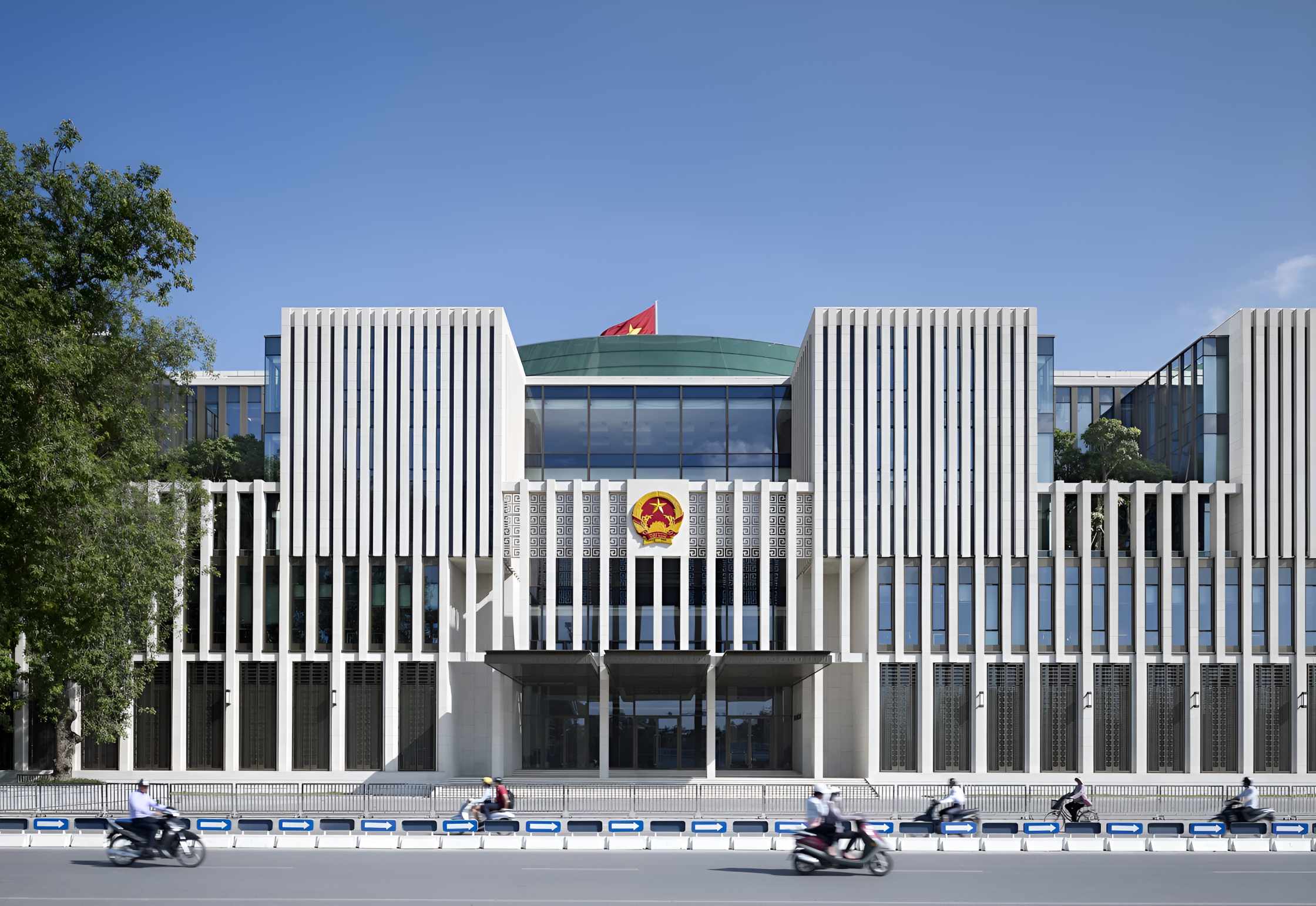Vietnam’s National Assembly has passed constitutional amendments that eliminate an entire tier of government in a sweeping move to reform the country's administrative structure.
In a unanimous vote on Monday, lawmakers agreed to dissolve the district-level administration, leaving only two layers of government provinces and communes in place.
This bold step is part of broader efforts to overhaul Vietnam’s governance system, with a focus on streamlining bureaucracy and slashing public spending.
By trimming one-fifth of public sector jobs, the reforms aim to save the government billions of dollars.
Just last week, Vietnam’s legislature widely viewed as a rubber-stamp institution within the one-party state approved a plan to consolidate the majority of the country’s provinces and cities.
The restructuring is expected to eliminate close to 80,000 public sector positions.
Earlier in February, the number of government ministries was also reduced, resulting in a further 23,000 job cuts.
These sweeping reforms mirror cost-cutting measures seen under leaders like U.S. President Donald Trump and Argentina’s Javier Milei, both known for aggressively trimming government expenditures.
However, in a communist system where state employment has traditionally offered job security for life, the shake-up has sparked discomfort among some sectors of the population.
Communist Party General Secretary To Lam, the nation’s top leader, has defended the overhaul, arguing that such bold changes are essential if Vietnam is to attain “rapid, stable, and sustainable development” and reach middle-income status by 2030.
On Monday, Vietnam’s National Assembly also approved a sweeping reorganization of the lowest tier of government, drastically cutting the number of communes from over 10,000 to approximately 3,300.
According to Interior Minister Pham Thi Thanh Tra, this “significant reform” will lead to larger, more centralized communes.
She noted last week that the restructuring would result in the elimination of roughly 120,000 part-time positions at the commune level.
These administrative changes are unfolding alongside an expansive anti-corruption campaign that has ensnared numerous high-ranking officials and influential business figures.
Vietnam, a key player in global manufacturing and exports, is targeting an ambitious 8 percent economic growth rate this year building on last year’s 7.1 percent performance.
However, concerns are mounting over a proposed 46 percent trade tariff from the United States, with Vietnamese officials currently engaged in negotiations with Washington in hopes of averting it.

